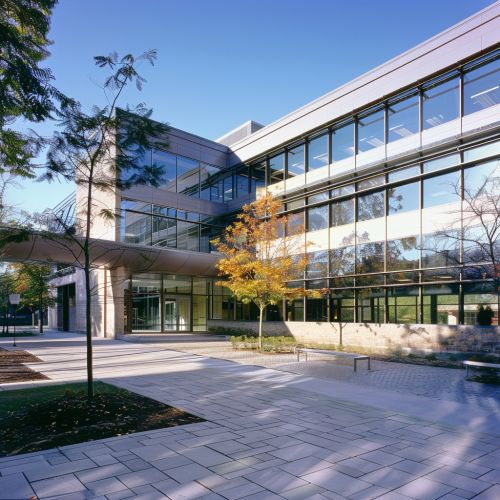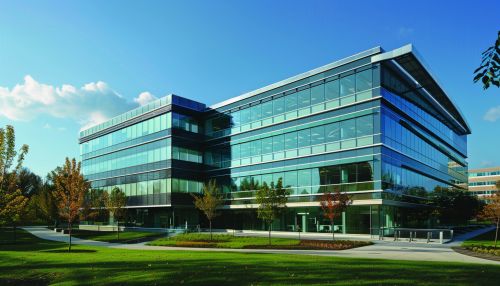American Physical Society
Overview
The American Physical Society (APS) is a non-profit membership organization working to advance and diffuse the knowledge of physics through its outstanding research journals, scientific meetings, and education, outreach, advocacy, and international activities. APS represents over 55,000 members, including physicists in academia, national laboratories, and industry in the United States and throughout the world.
History
The American Physical Society was founded on May 20, 1899, when thirty-six physicists gathered at Columbia University for that purpose. They proclaimed the mission of the new Society to be "to advance and diffuse the knowledge of physics", and in one way or another the APS has been at that task ever since.
Publications
The APS publishes 13 international research journals as well as a magazine for physics enthusiasts:
1. Physical Review Letters (PRL) 2. Reviews of Modern Physics (RMP) 3. Physical Review A (PRA) 4. Physical Review B (PRB) 5. Physical Review C (PRC) 6. Physical Review D (PRD) 7. Physical Review E (PRE) 8. Physical Review X (PRX) 9. Physical Review Applied (PRApplied) 10. Physical Review Fluids (PRFluids) 11. Physical Review Materials (PRMaterials) 12. Physical Review Physics Education Research (PRPER) 13. Physics Magazine


Membership
Membership in the American Physical Society is open to all who are interested in physics. The APS is divided into 14 divisions and 11 topical groups covering all areas of physics research. There are six forums that reflect the interest of its 55,000 members in broader issues, and nine sections organized geographically.
Prizes and awards
The APS sponsors a number of awards for outstanding research in physics, including the prestigious Nobel Prize in Physics. The APS also has a number of career awards in specific fields that are designed to recognize outstanding contributions to physics by individuals who have not yet received the Nobel Prize.
Advocacy
The APS works on several levels to bring the case for physics to the public and to government officials. This includes outreach to Congress and the public to increase awareness of the benefits of physics research.
Education and diversity
The APS is committed to improving physics education at all levels from kindergarten through graduate school. The society also seeks to increase diversity in physics, recognizing that the science is best advanced by a diverse body of individuals.
